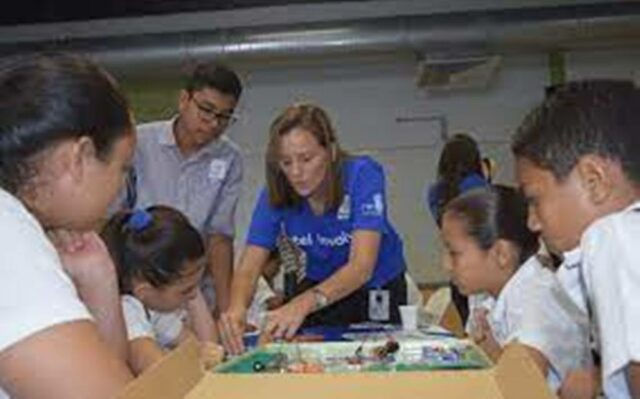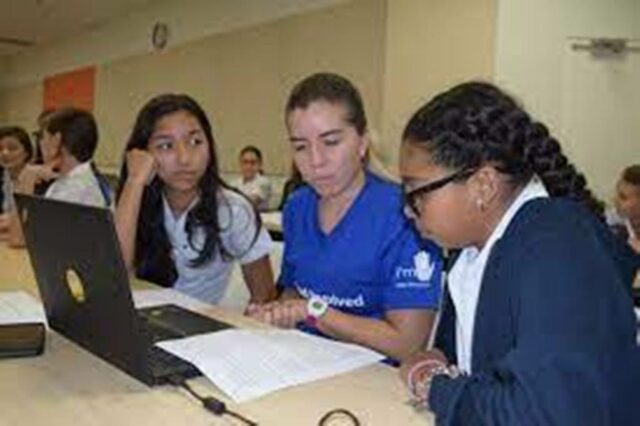Nearly 500 girls and young women from all over the country received training from Intel Costa Rica, to encourage their interest in careers related to science and technology.

This action is part of a multinational strategy that seeks to increase the participation of women in Science, Technology, Engineering, and Mathematics (STEM for its acronym in English). The initiative called RISE 2030 foresees 1,000 students being reached, and that at least half are women.
“We know that promoting more vocations in these areas is essential to increasingly close the existing gender gap. In addition, it is a great challenge for Costa Rica in the face of the technological revolution we are in, which will generate more sources of employment in the future and which will make it necessary to have highly trained personnel”, said Adriana DíazBenach, Director of Public Relations of Intel Costa Rica.

To do this, programs such as “Chicas Click” and “Rocket Girls” were carried out, which were developed virtually. It was done in alliance with strategic partners, clients, academia, and the Government. These will allow students to get closer to new technological tools, platform management, programming, robotics simulators, learning methodologies, and tools – for collaborative work and digitization. Some Intel engineers participated, in order to learn about the history of Costa Rican women who have developed their careers in the STEM area.
“We must demystify mathematics. Like music, it is a universal language. It is a matter of learning it through everyday examples and using it (along with the data) to represent the reality that surrounds us”, said Jenny PerazaBreedy, who has worked for Intel for 24 years.
Raise female representation
Intel’s RISE 2030 goal in this field is to increase the number of women in technical roles globally to 40% by 2030. At Intel Costa Rica, female representation today is 24.5% in technical areas.
The World Economic Forum’s 2020 Global Gender Gap Report revealed that in the cloud computing workforce, only 12% of professionals are women. Meanwhile, in engineering, there is only 15% and in Data and Artificial Intelligence, 26%.
As part of the international efforts to increase the participation of women in STEM areas, February 11 was proclaimed by the United Nations as the International Day of Women and Girls in Science, as a way to inspire and seek gender equality.

